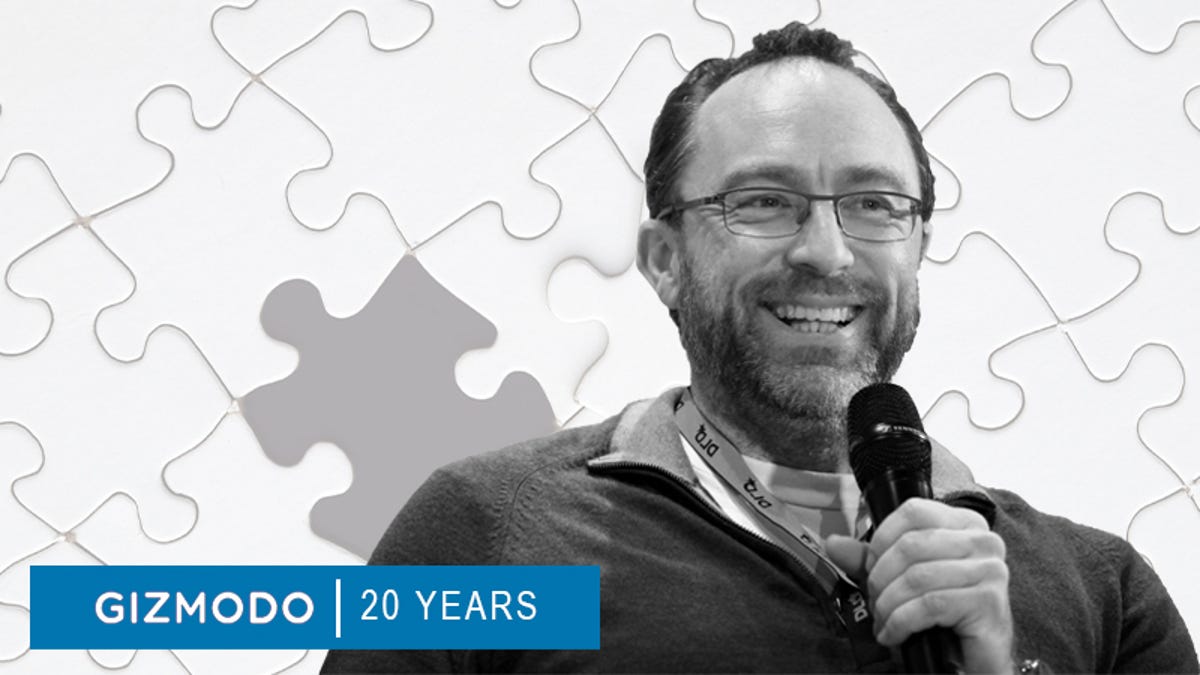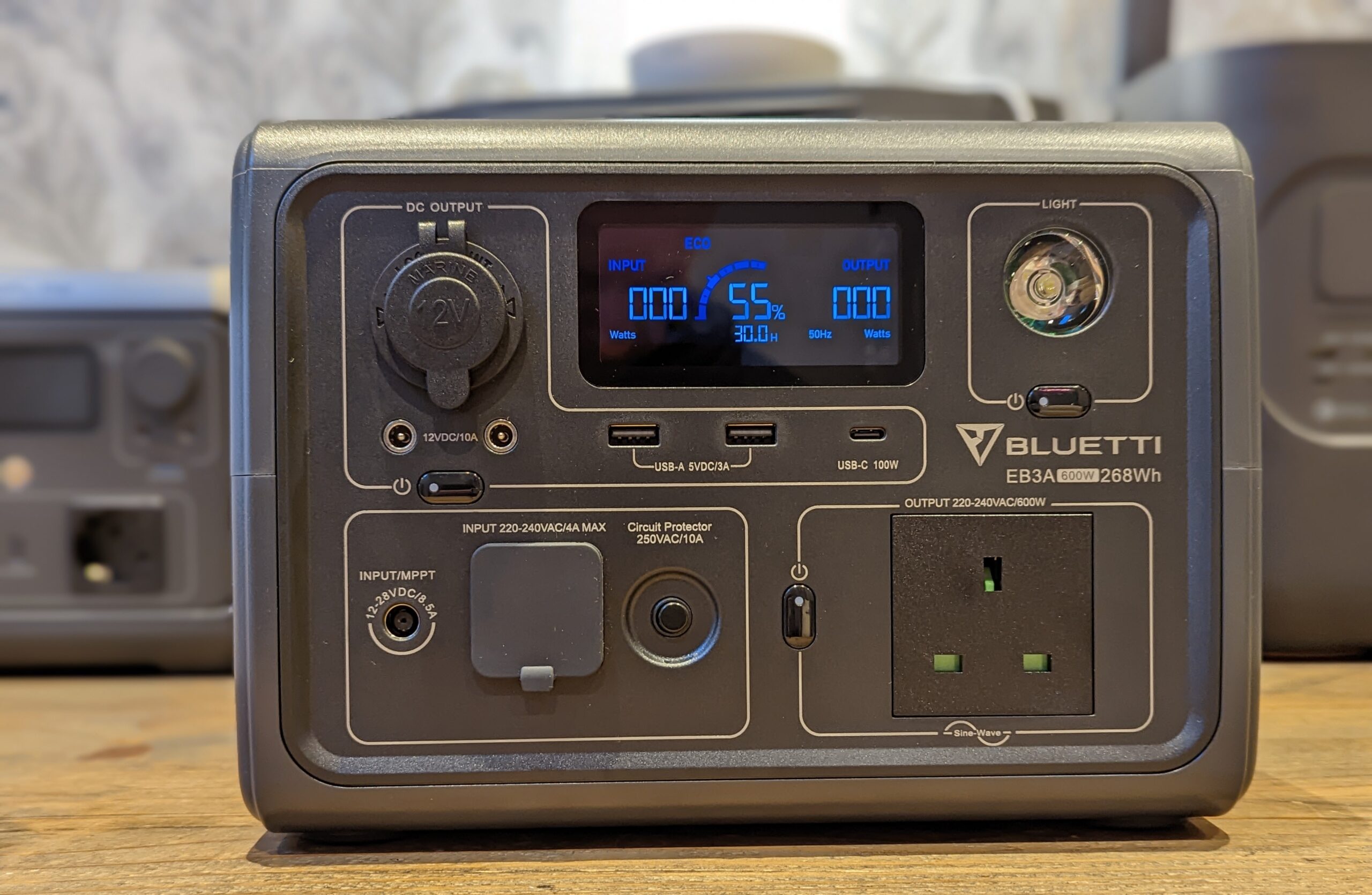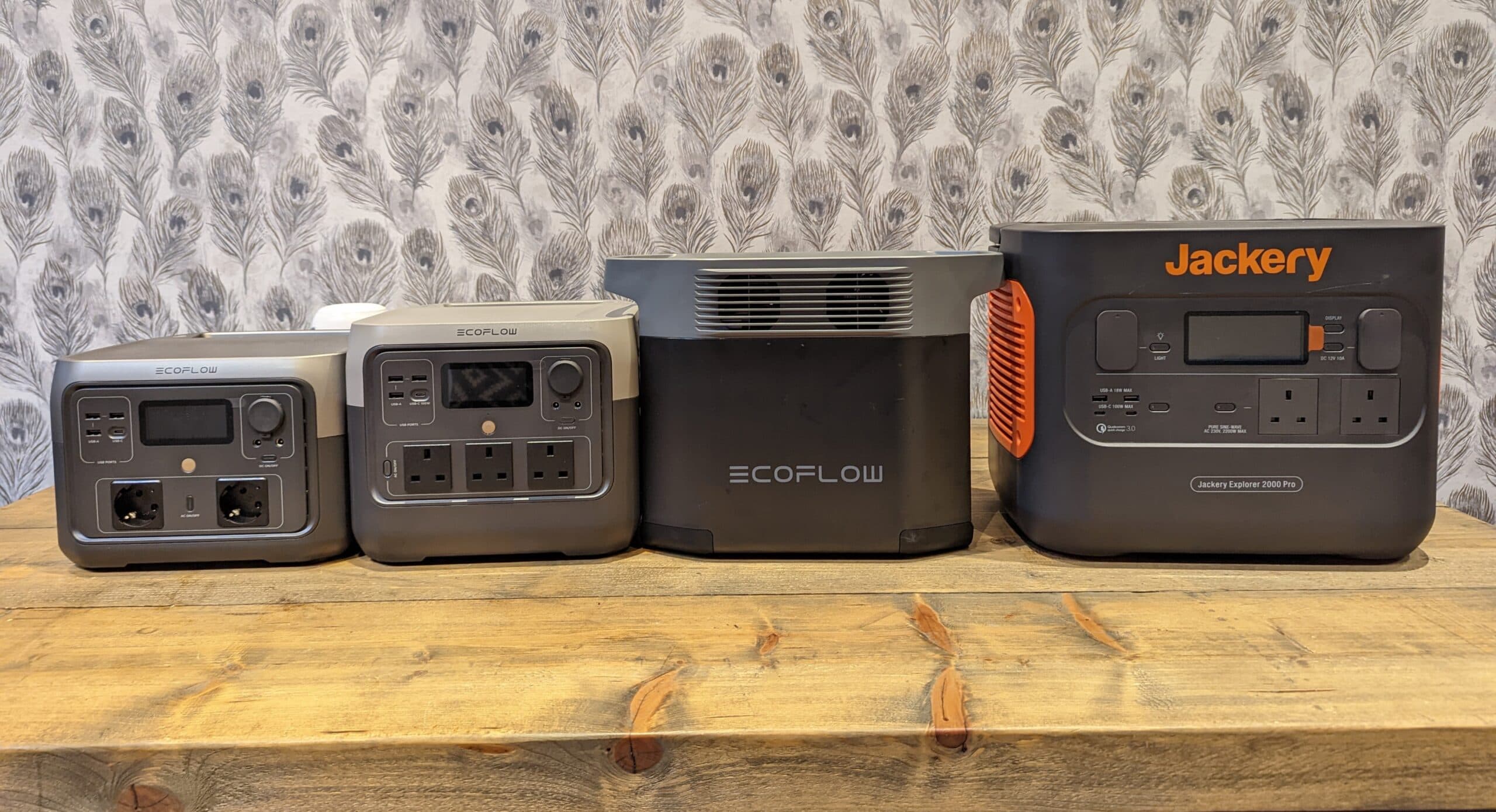

Gizmodo is 20 several years old! To celebrate the anniversary, we’re wanting again at some of the most substantial strategies our life have been thrown for a loop by our electronic instruments.
Jimmy Wales co-launched Wikipedia in 2001. In the decades because, people have contributed much more than six million posts, and the on line encyclopedia has grow to be one particular of the most-visited web-sites on the internet. Gizmodo lately sat down with Wales to focus on how the internet site —and the net at large— have modified about the past two a long time. The subsequent excerpts from that discussion are edited for length and clarity.
Gizmodo: What was your pondering, and what was the point out of factors on the World wide web, when you resolved to start Wikipedia?
Jimmy Wales: I assumed it would be excellent to have an open resource, freely accredited encyclopedia. We’d started off, with the Nupedia task, to consider about finding volunteers to compose an encyclopedia, but we did not know how to do that. We didn’t know about wikis and the entire wiki design. Every little thing was extremely top rated down, established the stage, system and publish. And at that time, I’d been engaged in some actually very long e-mail conversations with random professors who I met on the online. I type of understood we almost could have composed a book jointly, since we were producing back and forth incredibly lengthy emails. What was fascinating was that folks are very generous with their time, and any random particular person can generate to a professor at Harvard and check with an intriguing query. You are most likely going to get an remedy. And so I believed, ok, that is fascinating, probably people today can lead to a global encyclopedia.
Gizmodo: Do you experience like there was there a far more of a perception at the time that the World wide web was a collaborative detail, one thing we could build collectively?
Wales: Perhaps. Just just thinking of the specific illustration of Usenet, a ton of the much better information groups would have a FAQ… they were up to date above time collaboratively, diverse men and women would add, there was typically a moderator who set it all collectively. And it was about sharing valuable details. So that’s genuinely strong. There was usually an aspect of collaboration in items like the previous idea of “rough consensus and functioning code” as an early mantra for how the World-wide-web is effective.
We nevertheless see a ton of that form of detail. Even in the cryptocurrency space, when there are major forks and improvements to the fundamental software program, it is like, who decides that? Nicely, it is rough consensus and running code. You can scream and yell all you want, but if you have not essentially applied code nothing’s going to transpire. And even if you can put into practice in code, if nobody agrees, they are not going to pick it up. So it’s kind of a little bit of both equally.
Gizmodo: Did you have any sense at the time of the scope of what Wikipedia would turn into?
Wales: I always say I am pathological optimist, so I usually nevertheless it was heading to be good, or large and essential. We released in English, but even from the starting there was this plan that it need to be in every single language. In terms of the scope of the content material, that was incredibly a lot an open query early on, and of course it’s nonetheless publicly debated. Matters like there’s a Wikipedia entry in English for each one Pokémon character. That would seem too much, proper? But it is good. I think what folks arrived to fully grasp above time is it’s not hurting anything at all if we have incredibly bad protection of Polish mayors in the 18th century, and I’m not positive those Pokémon followers are heading to be converted into creating about that, they are composing what they know.
Gizmodo: There’s a whole lot far more chat about “fake news” now then there was 20 several years in the past. Which is naturally always been an concern for Wikipedia. Have we gone from things remaining accomplished in excellent faith, and now there are much more vandals?
Wales: I consider what we see at Wikipedia is we have normally had vandalism. We constantly have individuals coming with an agenda, who have to be dealt with. We have not always experienced bogus news as we recognize it nowadays. There’s usually been lessen high quality and much better excellent resources. But the ecosystem that we operate in has definitely transformed.
When Donald Trump was to start with running for president, there was a phony news tale wherever the headline was something like “Pope Endorses Trump.” It went viral, but you could by no means get one thing like that into Wikipedia since all the Wikipedians are likely to go, “Yeah, appropriate. Absolutely sure.” If that ended up real, it would be on the front site of each newspaper in the entire world… so, you just can’t get extremely far with that form of factor.
Exactly where I do see a further problem is in the decrease of nearby high quality journalism. In some ways, it’s a lot easier to generate the heritage of my hometown, Huntsville, Alabama, in the course of the seventies, then it is to create the history of the previous five decades, simply because there utilized to be two neighborhood newspapers, now there’s a single, and it only arrives out three instances a week. It is mostly the AP newswire, and it’s edited from 100 miles away. They may perhaps have two journalists regionally when there employed to be 10. So I assume that is a actual challenge. It is not as thrilling as fake news, but it is deeply crucial to modern society.
Gizmodo: If you had been developing Wikipedia from scratch in 2022, would it appear unique? Or it would continue to be generally a hypertext document?
Wales: I feel it’d be very equivalent. I necessarily mean, the text performs extremely effectively. It is an encyclopedia, so we would not be, I don’t know, like TikTok. In conditions of the back again conclude tech, I believe there in all probability would be some points that are diverse.
Just one of the things that I discover really attention-grabbing is that when I launched Wikipedia, as it grew I experienced to get servers. Like have them bodily delivered to me. I’d place them in my auto, I would drive in excess of to the details middle, and screw them into the racks myself. Whilst at present, with cloud expert services, you just spin up yet another instance on Amazon World-wide-web Services.
The fact that you can scale like that is interesting, due to the fact we had to make a commitment. I recall when we recognized… we will need a significant honking databases server that is heading to price ten grand. Which is a commitment. While if it is all [on the cloud], if we’re not using it it scales to zero. That is a real possibility: If your strategy turns out to be great, excellent, you can acquire a huge spike in traffic. If your plan turns out, as most of them do, to be silly, the scale is on zero, and you’re not caught spending a big server invoice.
Gizmodo: In the early times of the World wide web, the entire level was that it’s decentralized. Information is shared among unique spots. But now we’re at a put where by, like you explained, everybody is on Amazon Cloud Products and services. But what transpires when Amazon goes down? Or Cloudflare goes down? Have we long gone in the improper way?
Wales: I never know. Which is one of the intriguing issues, for case in point, about all the blockchain things going all over, it is really decentralized. But I do think the entire world dodged a bullet: There was a minute in time when the World-wide-web [was dominated by] AOL, Prodigy, CompuServe, all these enclosed occasion platforms… It is not tricky to think about a entire world where one of these obtained just enough of an edge to turn out to be the default platform for almost everything. And then you would instantly have this a single centralized monolith.
Gizmodo: Twenty yrs from now, is Wikipedia still going to seem the exact same? Do you feel it’s heading to alter?
Wales: I consider it will be incredibly significantly the same. I mean, I believe that we’ll have a little modernized. Definitely the modifying knowledge will carry on to make improvements to. But we’re not going to come to be TikTok.








